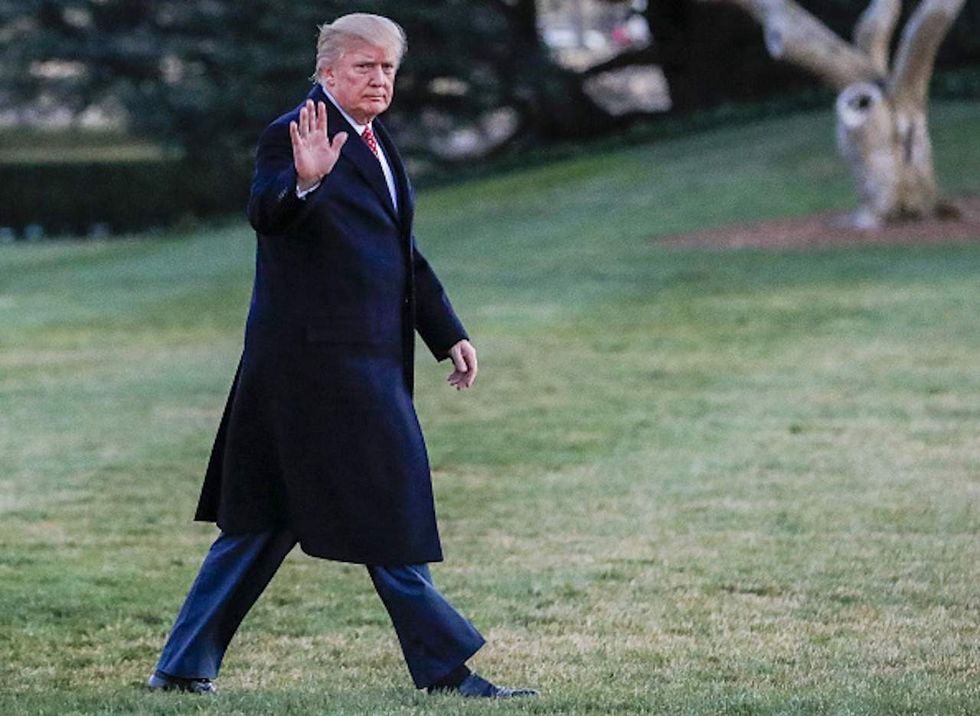
President Donald Trump signed a new executive order baning travel from six Muslim-majority countries. The new order leaves Iraq off the list. (Getty Images/Erik S. Lesser)

President Donald Trump signed a new executive order Monday temporarily barring travel from six Muslim-majority countries.
White House counselor Kellyanne Conway told Fox News' "Fox and Friends" Monday morning that Trump's latest executive order will have key differences from his previous one.
Trump's last executive order, signed in January, sparked protests, lawsuits and confusion at airports nationwide. It was later blocked by a federal judge in Seattle.
The differences are, according to Conway:
"I think people will see six or seven major points about this executive order that do clarify who is covered," Conway said.
Secretary of State Rex Tillerson said Monday morning during a news conference that the revised order is a "vital measure for strengthening our national security."
"It is our president's solemn duty to protect the American people," Tillerson said.
Conway said that the removal of Iraq from the travel ban is "based on their enhanced screening and reporting measures."
Tillerson called Iraq an "important ally in the fight to defeat ISIS."
Iraqi spokesman Saad al-Hadithi praised the removal of Iraq from the travel ban and said it sends a "positive message" for the relationship and "partnership" between the two countries, according to The Associated Press.
The original travel ban barred those entering the U.S. from Iraq, Syria, Iran, Libya, Somalia, Sudan and Yemen for 90 days. Syrian refugees were indefinitely barred from entering the country.
The new order suspends the U.S. Refugee Admissions Program for 120 days.
According to CNN, the White House worked for several weeks with the Justice Department, Department of Homeland Security and congressional leaders on the new order.
Attorney General Jeff Sessions stressed Monday that the revised order — like the first one, he said – is "lawful."